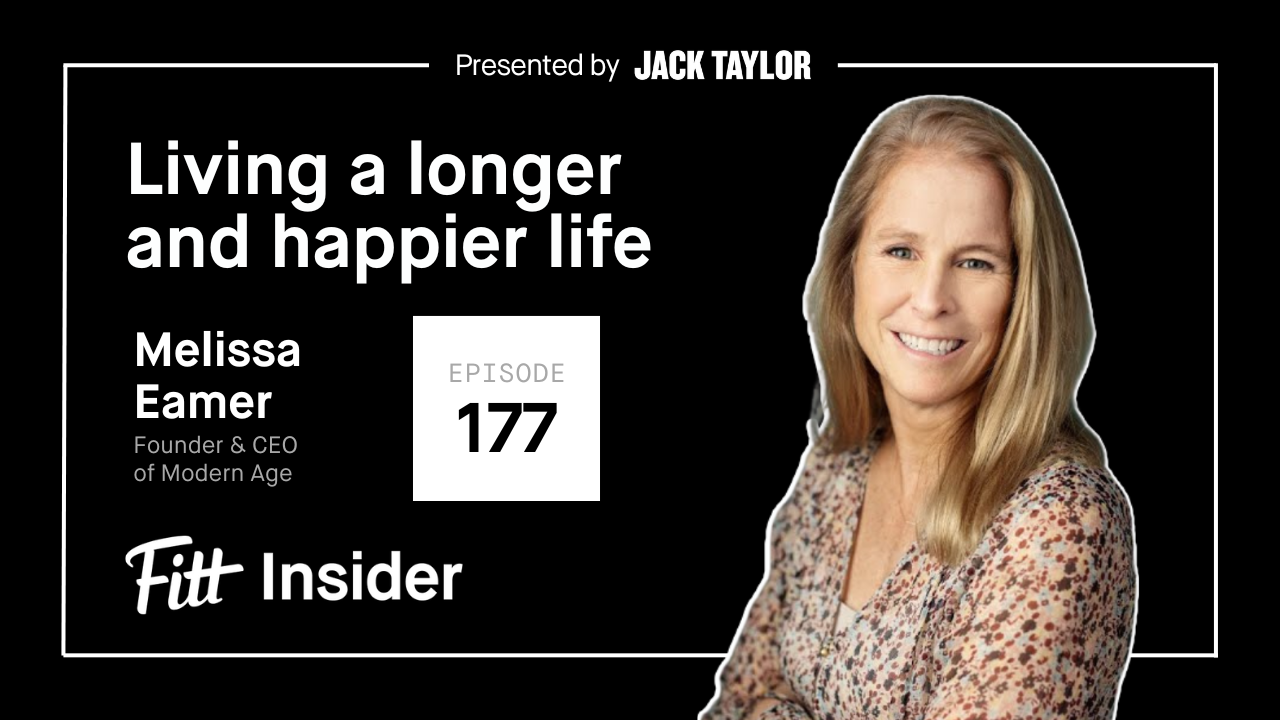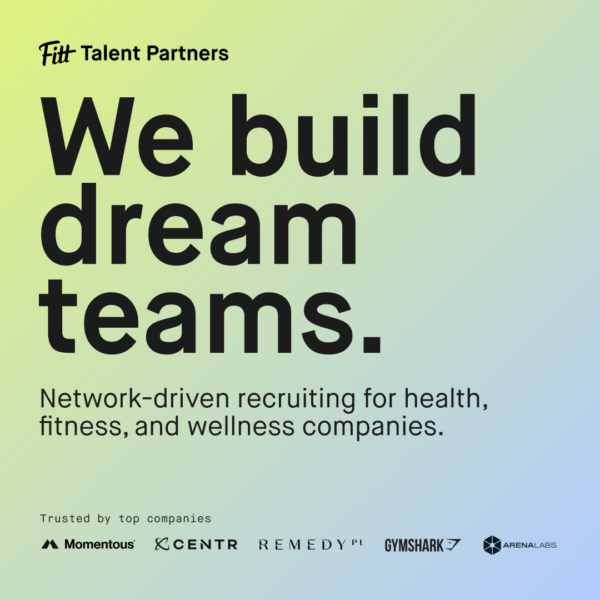Our collective mental health is suffering, but teens might be hurting the most.
Troubling Trends
Sounding the alarm, a new CDC report highlights the severity of the teen mental health crisis.
- 29% of students felt they had poor mental health, with 42% experiencing persistent sadness or hopelessness.
- 22% overall seriously considered suicide, with 10% making attempts.
These outcomes are particularly troubling among teen girls, with 57% feeling persistent sadness and 30% considering suicide, both up ~60% from a decade prior.
Worse still, for LGBTQ+ individuals (making up ~20% of Gen Z), 37% say they’ve planned a suicide.
Social dilemma. While the report suggests pandemic-era stressors are to blame, many experts believe the causes pre-date COVID.
More specifically, they argue, screens and social media are fueling loneliness, anxiety, and depression.
- Teens spend an average of eight hours per day on screens.
- 78% of teens 13–17 check their phones at least hourly, while 35% use social media “constantly.”
- In a three-year study, repeated checking of social media altered brain development in 13-year-olds.
Timing is one factor. Adolescence is a crucial period when early social interactions affect IQ, emotional development, mental health, and mortality risk throughout life.
Conditioning is also a problem. According to APA’s chief science officer Mitch Prinstein, social media emphasizes metrics over relationships, effectively rewiring a child’s brain.
Following the data, NYU social psychologist Jon Haidt believes teen mental health truly broke around 2012. His theory: the demise of unstructured play.
“In brief, it’s the transition from a play-based childhood involving a lot of risky unsupervised play, which is essential for overcoming fear and fragility, to a phone-based childhood which blocks normal human development by taking time away from sleep, play, and in-person socializing…”
Unfollow. For others, social media is a scapegoat. But, even kids are growing disillusioned with the status quo, giving rise to new kinds of community platforms.
- Social platform Discord acquired Gas, an app incentivizing teens to compliment each other, while a similar concept, Germany-based Slay, gained 250K users in its first year.
- Hey! VINA, Yubo, and Bumble’s BFF help young people establish meaningful friendships.
- Humans Anonymous creates audio spaces for peers aged 12+ to connect over topics, from anxiety to job layoffs.
Teletherapy. With kids under 18 accounting for a quarter of all US mental health spending and the youth-focused behavioral health market set to reach $26B by 2027, startups are moving in.
- Hazel Health, Cartwheel, and Alongside are focused on school-based mental health interventions.
- A digital platform for kids under 14, last year, Little Otter raised $22M and acquired emotional wellness brand Little Renegades.
- Brightline has raised $200M+ to date to deliver behavioral healthcare services, while Daybreak Health added $10M last year for online counseling.
But, while digital solutions can supplement a strained mental healthcare system, pediatric teletherapy carries its own pitfalls, like overprescribing drugs, privacy risks, or lack of continuity — where a rotating cast of clinicians prevents children from truly connecting.
Looking ahead: Raising the alarm is one thing, but gaining consensus on causes and solutions is another. And ensuring equal access to potential remedies presents challenges of its own.
In the meantime, helping children shoulder the burden, we’d all benefit from replacing screen time with outdoor recreation, new hobbies, or making healthy family dinners a mainstay.
Thanks to Mel Song of Headlines for contributing to today’s story. For more developments and discourse in mental health, subscribe to Headlines, a Fitt Insider newsletter.
🎙 On the Podcast

Melissa Eamer, founder & CEO of Modern Age, shares how the company’s hybrid clinic optimizes human longevity.
We also cover: biomarkers for aging and the importance of subjective health.
Listen to today’s episode here
💸 WeightWatchers enters obesity drugs market in $100M deal
Picking up the prescription pad, WW (formerly known as WeightWatchers) acquired Sequence, a digital weight management platform.
Combining behavior coaching with drug-based interventions, WW is spending upwards of $106M and transitioning to telehealth in hopes of achieving sustainable profits.
Losing it. Part of ongoing restructuring efforts, a rebrand and new CEO contributed to WW’s success early in the pandemic, finishing 2020 with 4.4M subscribers.
But, reporting full-year 2022 earnings, that number dropped to 3.5M members amid a net loss of $251M.
Cashing in. Expanding from nutrition advice to weight loss injections, WW wants in on the obesity drug boom.
As we detailed in Issue No. 218, a new generation of GLP-1 medications like Ozempic and Wegovy are being touted as a miracle cure. A market expected to surpass $50B by 2030, Big Pharma is increasing production as telehealth platforms like Calibrate and Found scale up to meet demand.
But… While pharmaceuticals will likely be part of the solution, they fail to address root causes of obesity, like staggering rates of inactivity and unhealthy food consumption.
Punchline: A hot-button issue, the role of personal responsibility, government policy, and medical intervention is reframing the treatment of obesity. With the crisis set to cost the global economy $4T annually, failing to act isn’t an option.
📈 Xponential Fitness tops $1B in systemwide sales
Reporting Q4 and full-year ’22 earnings, the boutique studio franchisor posted strong growth, beating analyst expectations.
By the numbers:
- Q4 revenue gained 44% YoY to $71.3M, notching $294.1M in North American sales.
- FY22 revenue grew 58% to $245M, with year-end North American sales hitting $1.03B.
- Annual net income was $2.9M, compared to a net loss of $51.4M in FY21.
In addition to eclipsing $1B in sales for the first time, the company reached 600K members and opened 511 new studios.
Community vibes. According to CEO Anthony Geisler, demand for in-person experiences is driving Xponential’s success:
“It’s this sense of community that makes our studio membership so sticky, and why the thought of giving up one studio membership equates with also giving up a community and a lifestyle. People are just not willing to make that trade-off.”
With its digital XPLUS platform (now accessible on all LG televisions) and studio passport XPASS linking its 10 concepts across strength, cycling, and more — the community only stands to grow.
Looking ahead: Expanding internationally, XPOF has 2K North American and 1K worldwide franchises in the pipeline. In the meantime, don’t be surprised if the company adds yet another brand to its portfolio — as Geisler recently told Yahoo Finance, “we’re always looking…”
📣 Be a friend, tell a friend

Want to get your hands on some exclusive Fitt Insider gear?
All you have to do is share your custom link and collect rewards when friends subscribe.
The Fitt Insider community is truly incredible, and word-of-mouth referrals are a huge help, so we cooked up a little something to say thanks for spreading the word!
Check out the full list of rewards and get started here.
📰 News & Notes
- Gummy supplement market approaches $10.6B.
- Orangetheory Fitness accelerates global expansion.
- Fitt Jobs: Discover your dream job in health & fitness.
- Volleyball game Crossnet debuts four-way pickleball setup.
- Dr. David Sinclair unveils DTC longevity startup Tally Health.
- Eli Lilly cuts insulin prices by 70%, caps out-of-pocket costs.
- Athleta taps 11 athletes to further well-being of women and girls.
- Startup Q&A: Nectar’s Dr. Ken Chahine on personalizing allergy care.
- Hospitality vets launch adventure lodging concept under Field & Stream banner.
- Venus Williams joins PE firm Topspin; Gwyneth Paltrow’s VC firm to raise $75M.
💰 Money Moves
- Fertility clinic Kindbody secured $100M from Perceptive Advisors, valuing the company at $1.8B.
- WW (fka WeightWatchers) acquired Sequence, a subscription telehealth platform for weight management, for a net purchase price of $106M.
- Integrated health collective The Healing Company acquired Chopra Global, a portfolio company of well-being experiences founded by Dr. Deepak Chopra.
- Homz, a developer creating wellness-centric multifamily rental communities, raised $50M in a pre-seed round.
More from Fitt Insider: The Rise of Wellness Communities - Gen Z-focused mental health platform Wave Life raised $6M in a seed round led by Santé Ventures.
- Shef, a marketplace for healthy, chef-made meals, closed a $73.5M Series B round and will expand nationwide.
- Better-for-you ramen startup immi raised $10M in a Series A round led by Touch Capital, with participation from athletes Naomi Osaka and Apolo Ohno and others.
- Ryse Health, a hybrid care provider for type 2 diabetes, secured $6.5M in a Series A round led by Route 66 Ventures.
- Wella, a better-for-you snack brand, acquired nutrition bar maker Thunderbird.
- Daily Blends, an AI-powered healthy vending machine startup, added $2M in a funding round co-led by Hustle Fund and 2048 Ventures.
- High-protein oatmeal maker Oats Overnight raised $20M in a Series A round.
- Odyssey Wellness, makers of an energy drink crafted with functional mushrooms, pulled in $6.3M in a Series A round.
More from Fitt Insider: Liquid Gold - Substance use recovery platform YourPath raised $2.1M in new funding.
- MEplace, a London-based chain of holistic childcare centers, added £1.2M ($1.4M) in a seed round led by Active Partners.
Today’s newsletter was brought to you by Anthony Vennare, Joe Vennare, and Ryan Deer.
 Illustration: Courtney Powell
Illustration: Courtney Powell
